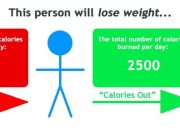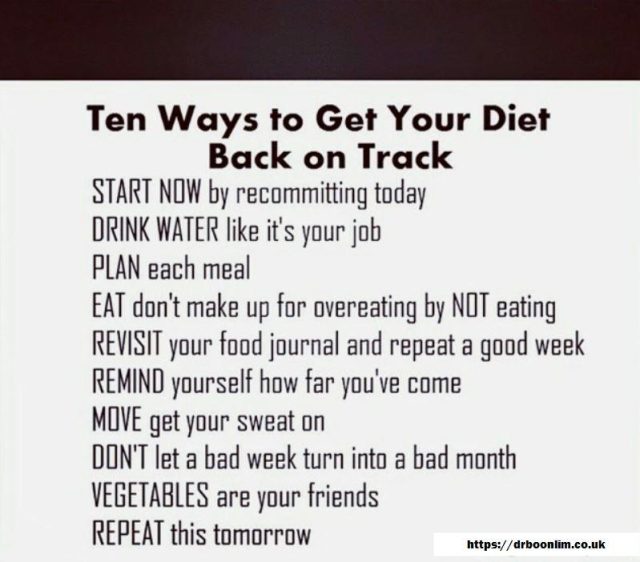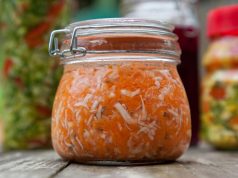In today’s fast-paced world, where mental agility and cognitive resilience are more important than ever, nourishing our brains has become a critical component of overall well-being. Understanding that our diet directly impacts our mental clarity, memory, and mood is empowering, yet the plethora of dietary advice available can often feel overwhelming. This article aims to demystify the complex relationship between nutrition and brain health, offering a clear and empathetic guide to the best diet plans that support cognitive function. Whether you’re seeking to enhance your memory, boost your focus, or simply maintain a healthy brain as you age, these diet plans are tailored to meet your unique needs. Join us as we explore how mindful eating can transform your mental landscape, offering not just sustenance, but a path to a sharper, more vibrant mind.
Understanding the Connection Between Nutrition and Cognitive Function
What we eat has a profound impact on how well our brains function. Foods rich in essential nutrients can enhance cognitive abilities, improve memory, and even protect against cognitive decline. Incorporating a balanced diet that prioritizes brain health involves understanding which nutrients play a crucial role in supporting our mental faculties.
- Omega-3 Fatty Acids: Found in fish like salmon and sardines, these healthy fats are vital for brain cell structure and function.
- Antioxidants: Berries, nuts, and dark chocolate are packed with antioxidants, which help protect the brain from oxidative stress.
- Vitamins and Minerals: Leafy greens and cruciferous vegetables provide essential vitamins like B, C, and E, which are crucial for cognitive health.
| Food Group | Key Nutrients | Brain Benefits |
|---|---|---|
| Fish | Omega-3 Fatty Acids | Improves brain cell communication |
| Berries | Antioxidants | Reduces oxidative stress |
| Leafy Greens | Vitamins B, C, E | Supports memory and cognitive function |
Integrating these nutrient-rich foods into your daily meals can foster an environment where your brain thrives. By making conscious dietary choices, you are not only fueling your body but also nurturing your mind, setting the stage for a more focused and resilient you.
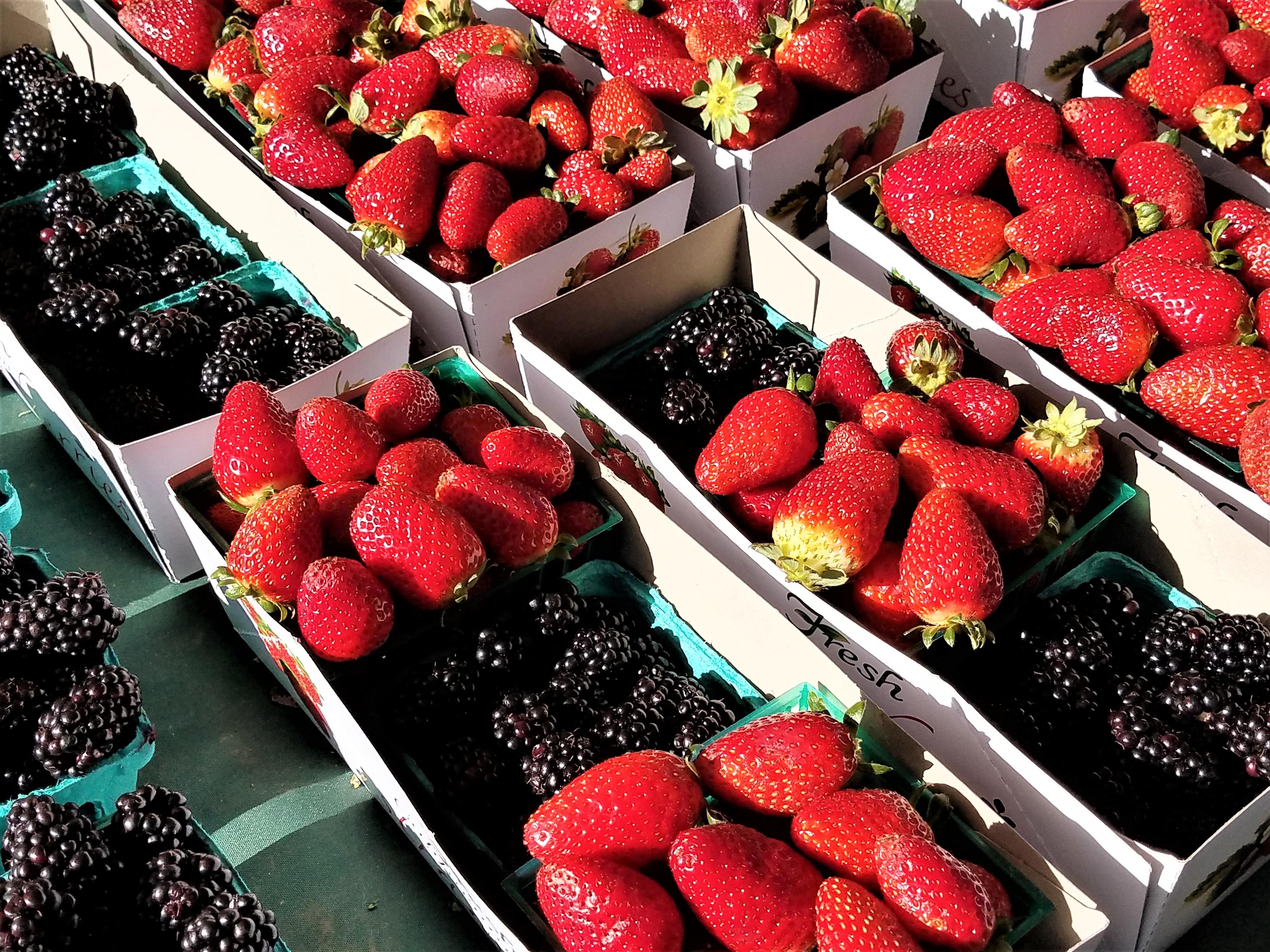
Essential Nutrients and Foods to Boost Brain Health
When it comes to nourishing your brain, focusing on a balanced intake of essential nutrients is key. Your brain thrives on a variety of vitamins and minerals that support cognitive function, enhance memory, and improve overall mental well-being. Incorporating these nutrients into your daily diet can significantly impact your brain health and help you maintain mental clarity and focus.
- Omega-3 Fatty Acids: Found in fatty fish like salmon, mackerel, and sardines, these healthy fats are crucial for building brain cell membranes and promoting new neuronal growth.
- Antioxidants: Blueberries, dark chocolate, and nuts are packed with antioxidants that protect the brain from oxidative stress and reduce inflammation.
- Vitamin E: Nuts and seeds, especially almonds and sunflower seeds, are excellent sources of vitamin E, which has been shown to delay cognitive decline.
- B Vitamins: Whole grains, eggs, and legumes are rich in B vitamins, essential for energy production and neurotransmitter synthesis in the brain.
For a quick reference on some brain-boosting foods, consider the table below:
| Food | Key Nutrient | Benefit |
|---|---|---|
| Salmon | Omega-3 Fatty Acids | Enhances brain function |
| Blueberries | Antioxidants | Protects brain cells |
| Almonds | Vitamin E | Delays cognitive decline |
| Whole Grains | B Vitamins | Boosts energy levels |
By thoughtfully incorporating these foods into your diet, you can help nurture your brain’s health and longevity, making each meal a step towards a sharper mind and a healthier life.

Crafting a Balanced Meal Plan for Optimal Mental Performance
Creating a meal plan that boosts mental performance involves a delicate balance of nutrients that support cognitive function, mood, and overall brain health. A successful approach integrates a variety of foods, ensuring that your diet is as diverse as it is nourishing. Here are some key components to consider when crafting your plan:
- Healthy Fats: Include sources of omega-3 fatty acids such as salmon, flaxseeds, and walnuts. These are crucial for maintaining brain cell membranes and improving communication between neurons.
- Antioxidant-Rich Foods: Berries, dark chocolate, and spinach are packed with antioxidants that protect the brain from oxidative stress and inflammation.
- Whole Grains: Opt for whole grains like quinoa, brown rice, and oats to provide a steady supply of glucose, the brain’s primary energy source.
- Lean Proteins: Incorporate chicken, tofu, or legumes, which are essential for the production of neurotransmitters that regulate mood and cognition.
- Hydration: Stay hydrated with water, herbal teas, or coconut water to maintain optimal brain function and energy levels.
| Meal Time | Food Group | Example Foods |
|---|---|---|
| Breakfast | Whole Grains | Oatmeal with berries |
| Lunch | Lean Proteins | Grilled chicken salad |
| Dinner | Healthy Fats | Salmon with quinoa |
| Snacks | Antioxidants | Dark chocolate, nuts |
Remember, consistency is key. By routinely incorporating these foods into your diet, you are not only feeding your body but also nurturing your mind, paving the way for enhanced mental clarity and performance.
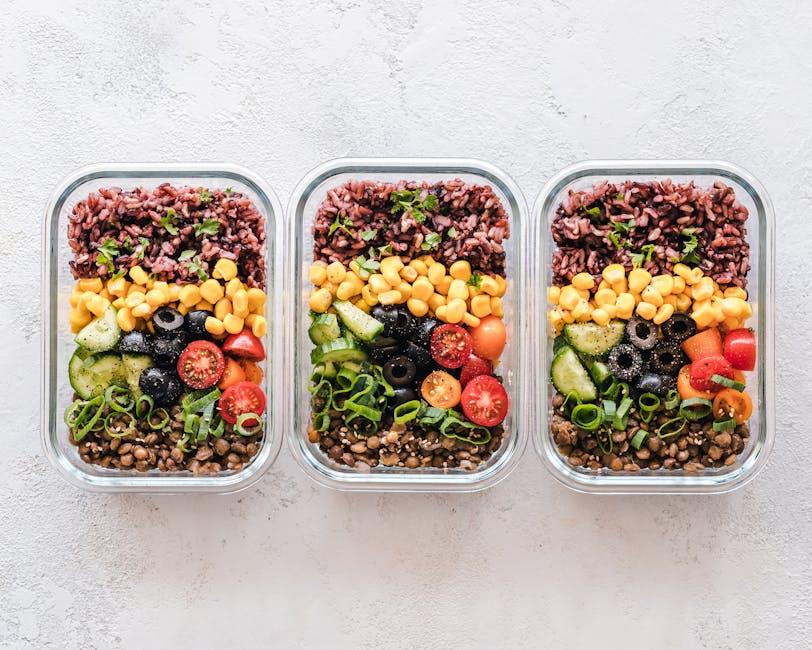
Practical Tips for Sustaining Long-term Dietary Changes
- Set Realistic Goals: Start with small, achievable targets to build confidence and momentum. Instead of overhauling your entire diet overnight, focus on incorporating one or two new brain-boosting foods each week. This gradual approach reduces overwhelm and increases the likelihood of forming lasting habits.
- Embrace Variety: Diversifying your diet not only keeps meals interesting but also ensures a broad spectrum of nutrients. Incorporate a colorful array of fruits, vegetables, whole grains, and healthy fats to nourish your brain. Think of it as a culinary adventure that keeps your palate excited and your brain engaged.
- Stay Flexible: Life can be unpredictable, and strict diets often falter in the face of unexpected events. Allow yourself some flexibility by adopting a mindset of balance rather than perfection. This adaptability helps maintain your dietary changes over the long term without feelings of guilt or failure.
| Food Category | Brain-Boosting Examples |
|---|---|
| Fruits | Blueberries, Oranges |
| Vegetables | Spinach, Broccoli |
| Whole Grains | Quinoa, Oats |
| Healthy Fats | Avocado, Walnuts |
Implementing dietary changes is a journey that benefits from the support of those around you. Involve family and friends in your new eating habits by sharing recipes or cooking together. This not only makes the process more enjoyable but also creates a supportive environment where everyone can thrive. Additionally, consider seeking the guidance of a nutritionist who can offer personalized advice and encouragement to keep you on track.




















